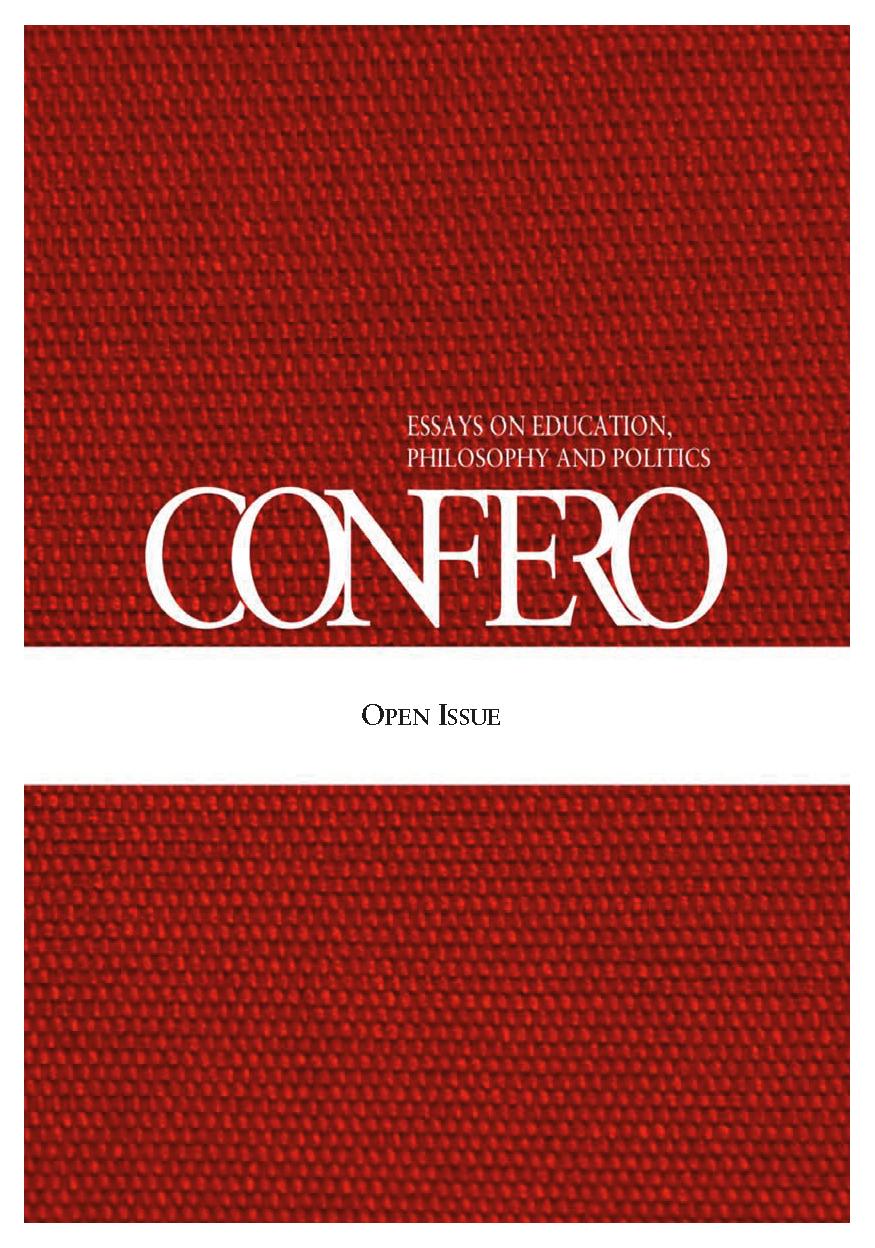Ellen Key and the concept of Bildung
DOI:
https://doi.org/10.3384/confero.2001-4562.140515Abstract
The essay presents Ellen Key’s educational concept and show her place in the educational tradition of which she is a part. Around the turn of the century in 1900 her name was on many lips, not just in Sweden but also in major parts of Western Europe. Alongside Selma Lagerlöf and August Strindberg, she was the Swedish author best-known abroad. Her book Barnets århundrade [The Century of the Child] had come out in more than twenty editions just in Germany at the beginning of the 1920s, and she made many long lecture tours there in the early 1900s. Ellen Key was not a particularly original thinker. But she was very well-read, and was influenced not just by the age in which she lived but also by thinkers of earlier times, such as Goethe, Rousseau and Montaigne. She was in the best meaning of the word a European intellectual, and one of the last people in Swedish cultural history for whom the whole European tradition of ideas was real. She often associated herself, where education was concerned, with traditions that had roots in other times. The article therefore argues that, in order to properly understand Ellen Key, we must learn to understand these traditions. But we also need to use them to understand ourselves, because the idea traditions that Key believed in are central in the history of ideas in the Western world.
Downloads
Published
Issue
Section
License
Copyright (c) 2014 Ronny Ambjörnsson

This work is licensed under a Creative Commons Attribution 4.0 International License.
As Confero is an open access journal, this means that anyone who can access the Internet can freely download and read the journal. There are no commercial interests for Linköping University Electronic Press or Confero in publishing the journal.
The core idea of open access is that copyright remains with the author(s). However, we publish with the agreement of the author that if she or he decides later to publish the article elsewhere, that the publisher will be notified, prior to any acceptance, that the article has already been published by Confero.
When publishing with Confero, it is with the agreement of the author that if they make their article available elsewhere on the internet (for example, on their own website or an institutional website), that they will do so by making a link to the article as published in Confero using the Digital Object Identifier (DOI) number of the article and acknowledge in the text of the site that the article has been previously published in Confero.
As evident by the markers on our homepage, Confero falls under the Creative Commons licence abbreviated BY. This means that we allow others to use, spread and elaborate on the published articles, as long as they acknowledge who published it and where it was originally published.



